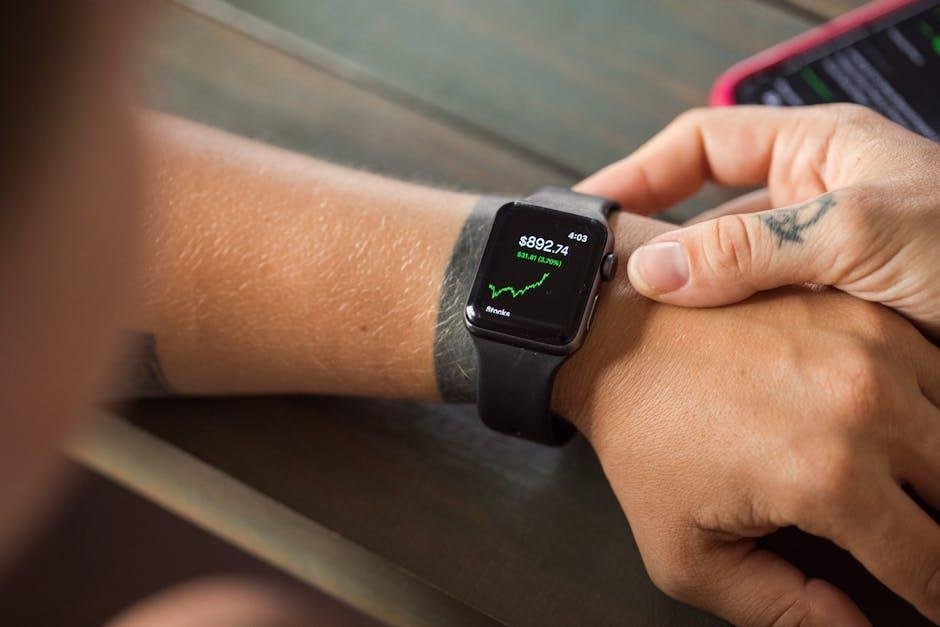In a world where individuality reigns supreme, the beauty industry is undergoing a transformative revolution powered by artificial intelligence. As consumers increasingly seek products and experiences that resonate with their unique identities, AI steps onto the stage as a formidable ally in the quest for personalized beauty. From skincare tailored to specific skin types and concerns to virtual try-ons that let users experiment with makeup shades from the comfort of their homes,technology is reimagining how we approach self-expression and self-care. This article delves into the multifaceted role of AI in enhancing personalized beauty, exploring how algorithms and data-driven insights are shaping a more inclusive and customized experience for everyone. Join us as we uncover the innovations that are not just setting trends but redefining beauty in a rapidly evolving landscape.
Exploring AI-Powered Skin Analysis for Tailored Beauty Solutions
The integration of artificial intelligence into skin analysis marks a revolution in personalized beauty care. By utilizing advanced algorithms and machine learning, AI can assess an individual’s skin condition with remarkable precision. This technology analyzes various factors, including texture, tone, signs of aging, and blemishes, providing insights that were previously only possible through professional consultations. With the power of AI, beauty enthusiasts can access tailored product recommendations that address their unique skin concerns, leading to more effective and satisfying outcomes.
Furthermore, AI-powered skin analysis offers the luxury of convenience and accessibility. Users can simply upload a photo and receive instant feedback, which simplifies the decision-making process when selecting skincare and makeup products. Key benefits of this technology include:
- Real-time feedback: Instant recommendations based on current skin conditions.
- Customized solutions: Personalized skincare routines tailored to individual needs.
- Continuous enhancement: Regular updates as skin changes over time, ensuring consistent care.
| Feature | Description |
|---|---|
| Accuracy | High precision in analyzing skin conditions. |
| Speed | Instant results and recommendations. |
| Accessibility | Available to anyone with a smartphone. |

enhancing Product Recommendations through Advanced Algorithms
In the rapidly evolving landscape of beauty, leveraging sophisticated algorithms allows brands to deliver tailored product suggestions that truly resonate with individual consumers. By analyzing a multitude of data points—such as past purchases, shopping behaviors, and even skin type and tone—these advanced systems can predict what products will not only appeal to customers but also enhance their overall experience. This adaptive learning process ensures that recommendations become increasingly accurate, making it easier for users to find their perfect match among a plethora of options.
moreover, the integration of user feedback plays a pivotal role in refining these algorithms. When customers share their opinions on recommended products, whether through reviews, ratings, or social media interactions, this valuable data feeds back into the system, allowing it to evolve continuously. Some key factors that enhance advice systems include:
- User demographics: Understanding age, location, and preferences.
- Browsing History: Analyzing past interactions on the site.
- Seasonal Trends: Factoring in changes in consumer behavior due to seasons or events.
- Social influences: Recognizing the impact of trends driven by influencers.

Revolutionizing virtual Try-Ons for a Customized Shopping Experience
In today’s rapidly advancing digital landscape, the convergence of artificial intelligence and augmented reality is paving the way for an innovative shopping experience that empowers consumers in unprecedented ways. With an AI-powered virtual try-on feature, users can now effortlessly visualize products from makeup to skincare in real-time, tailored to their unique features. This technology analyzes facial structures and skin tones,presenting curated recommendations that not only feel personal but also cater to individual preferences. consider the following advantages:
- enhanced Accuracy: Algorithms deliver realistic previews based on user data.
- Increased Engagement: Gamified experiences encourage exploration and interaction with products.
- Seamless Integration: Works across devices, allowing users to shop anytime, anywhere.
Moreover, brands that harness this innovation can collect valuable data insights to refine their offerings and marketing strategies. This data-driven approach leads to more personalized customer interactions, ensuring that the journey from finding to purchase feels tailored to each individual.As the industry continues to evolve, companies will now have the opportunity to utilize AI for dynamic content adjustments and trend forecasting. the potential here is immense, as highlighted in the table below:
| AI tools | Benefits |
|---|---|
| Facial Recognition | Personalized shade matching for makeup. |
| Skin Analysis | Custom product suggestions based on skin type. |
| Virtual Feedback | Real-time user interaction and adjustments. |

Ethical Considerations in the Use of AI for Beauty Personalization
As technology continues to advance, the ethical implications of using artificial intelligence in the beauty industry must be critically evaluated. The reliance on AI-driven algorithms for personalized beauty recommendations raises several concerns surrounding data privacy, consumer consent, and bias in AI systems. beauty apps frequently enough collect sensitive personal information, such as skin type, health history, and even photos, which can lead to misuse or unauthorized sharing of data. Thus, it is crucial for companies to implement robust data protection measures and to ensure obvious communication about how user information will be utilized.
Furthermore,the potential for bias in AI algorithms can lead to the reinforcement of harmful beauty standards. If the datasets used to train AI are not diverse, the recommendations generated may favor a narrow definition of beauty, marginalizing underrepresented groups. To combat this issue, brands should prioritize inclusive dataset curation and incorporate feedback from diverse user groups. Additionally, fostering an ongoing dialog with consumers about the impact of personalization on self-image and society can help mitigate negative consequences. Addressing these ethical considerations is vital to ensure that AI serves as a tool for empowerment rather than perpetuating stereotypes in the beauty industry.
key Takeaways
As we draw the curtain on our exploration of “The Role of AI in Personalized Beauty,” it becomes clear that we are standing at the cusp of a transformative era. The fusion of technology and beauty is not just redefining how we interact with products; it’s reshaping our understanding of self-expression and individuality. AI is carving out new pathways, enabling deeper connections between brands and consumers, all while embracing diversity and promoting inclusivity.
Yet, as with any powerful tool, the journey ahead requires thoughtful consideration. Striking a balance between innovation and authenticity will be key to ensuring that the promise of personalization dose not overshadow the essence of beauty itself.As we embrace the endless possibilities that AI offers, let us also celebrate the unique stories and identities that define us, encouraging a future where technology enhances, rather than dictates, our beauty experiences.
With each advancement, we inch closer to a world where beauty is not a one-size-fits-all endeavor, but a vibrant tapestry woven from our individual narratives. The future is now, and it invites us to imagine a landscape where AI and personalized beauty walk hand in hand, honoring both our unique selves and the ever-evolving concept of beauty.



